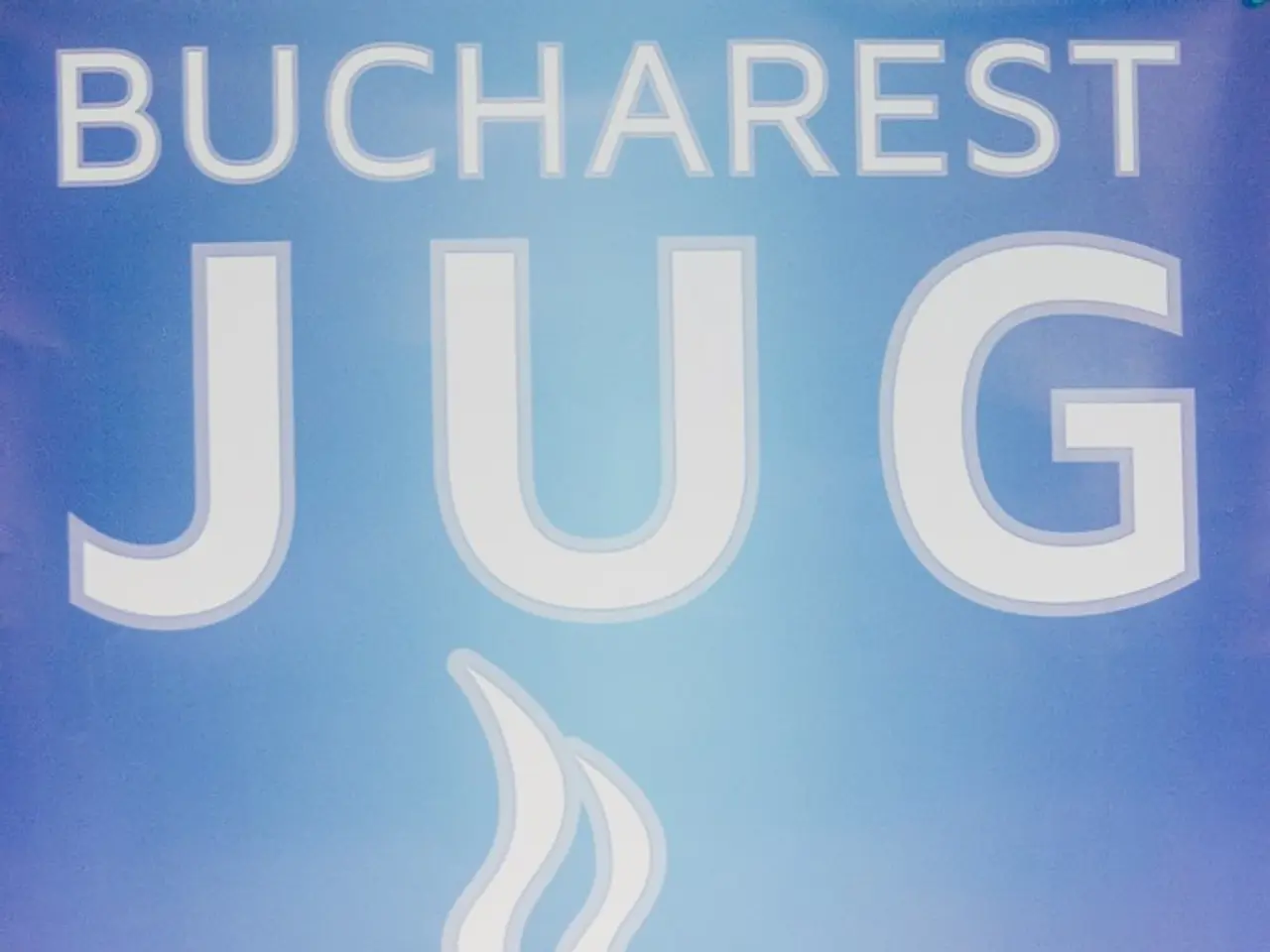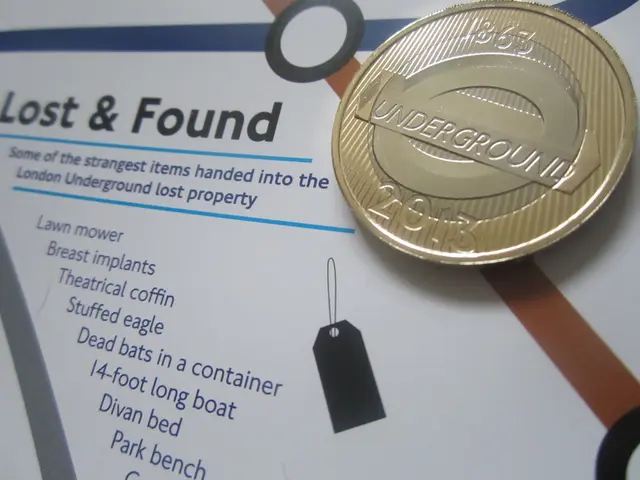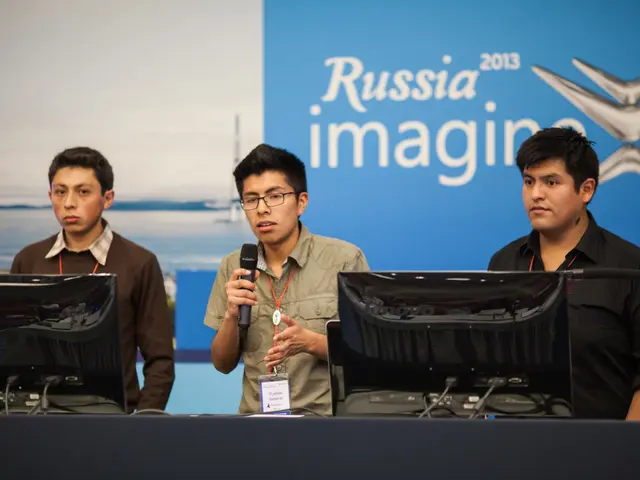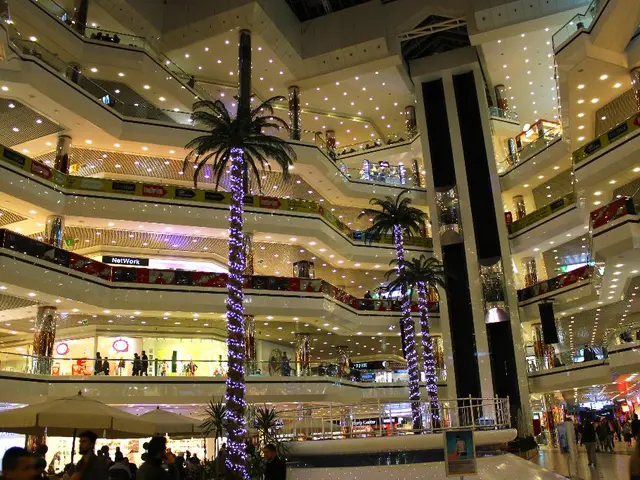Funding Trends in African and Middle Eastern Startups - Week 32, 2025 (Infographic)
In the first half of 2025, the Middle East and Africa (MEA) startup landscape witnessed a significant surge in funding, demonstrating a dynamic and rapidly evolving ecosystem.
Alaan, a UAE-based B2B spend management platform, secured a $48 million Series A round, led by Peak XV Partners, previously known as Sequoia India. Pioneer Fund, Y Combinator, and 468 Capital also participated in the round. This funding will be utilised to develop an all-in-one customer platform without the need for building from scratch.
Meanwhile, in South Africa, TurnStay, a travel fintech startup, raised $2 million to streamline payments and bookings for tour operators. The funding will undoubtedly help boost the travel industry in the region.
Salasa, a fulfilment startup in Saudi Arabia, raised $30 million in Series B funding. Artal Capital led the round, with 500 Global, SVC, and Wa'ed Ventures also participating. The funds will be used to enhance Salasa's logistics capabilities, making e-commerce more accessible in Saudi Arabia.
The strong growth in venture capital investments was evident in the MENA region, with startups raising approximately $1.5 billion across 334 deals, marking a 92% year-on-year increase. Notably, Saudi Arabia emerged as the top-funded MENA country, raising about $1.34 billion, a 342% increase from H1 2024.
The fintech sector attracted the highest investor interest, tripling its funding volume to about $596 million in MENA. In Africa, fintech startups like Senegal’s Wave Mobile Money and Egypt’s Bokra raised significant funds, emphasising fintech’s pivotal role in expanding financial access and digital economies.
Debt financing played a crucial role in the MEA startup funding landscape, contributing around $930 million (44% of total MENA startup funding) in H1 2025. Prominent debt-backed fintech deals included Saudi fintech Lendo, supported by international players like JPMorgan.
Egypt, traditionally a leading market, saw a significant drop in startup funding due to macroeconomic and currency instability challenges. However, emerging ecosystems like Iraq and Morocco showed rising activity, indicating a promising future for startup growth across the region.
The tech scene in Iraq is also showing potential, as demonstrated by logistics aggregator Boxy's $1.5 million pre-seed round. Similarly, South African startup Flood raised $2.5 million to build out its SuperApp-as-a-Service offering.
In Saudi Arabia, AI company Deep.SA raised $1.2 million from Tam Development and Raed Ventures. RIFD, a Shariah-compliant SME securitisation platform, also received strategic investment from Antler.
These trends highlight a growing interest in alternative fintech models in the MEA regions. Startups are raising funds, building for real needs, and attracting global attention without losing their local focus. Despite global economic uncertainties, the MEA startup ecosystem continues to thrive, demonstrating resilience and innovation.
Technology played a significant role in the growth of startups within the Middle East and Africa (MEA) in the first half of 2025. For instance, Alaan, a UAE-based startup, secured funds for developing an all-in-one customer platform without the need for building from scratch, showcasing the potential of technology in streamlining business operations. Similarly, Salasa, a fulfilment startup in Saudi Arabia, raised funds to enhance its logistics capabilities, making e-commerce more accessible, and proving technology's transformative impact on the retail sector.




